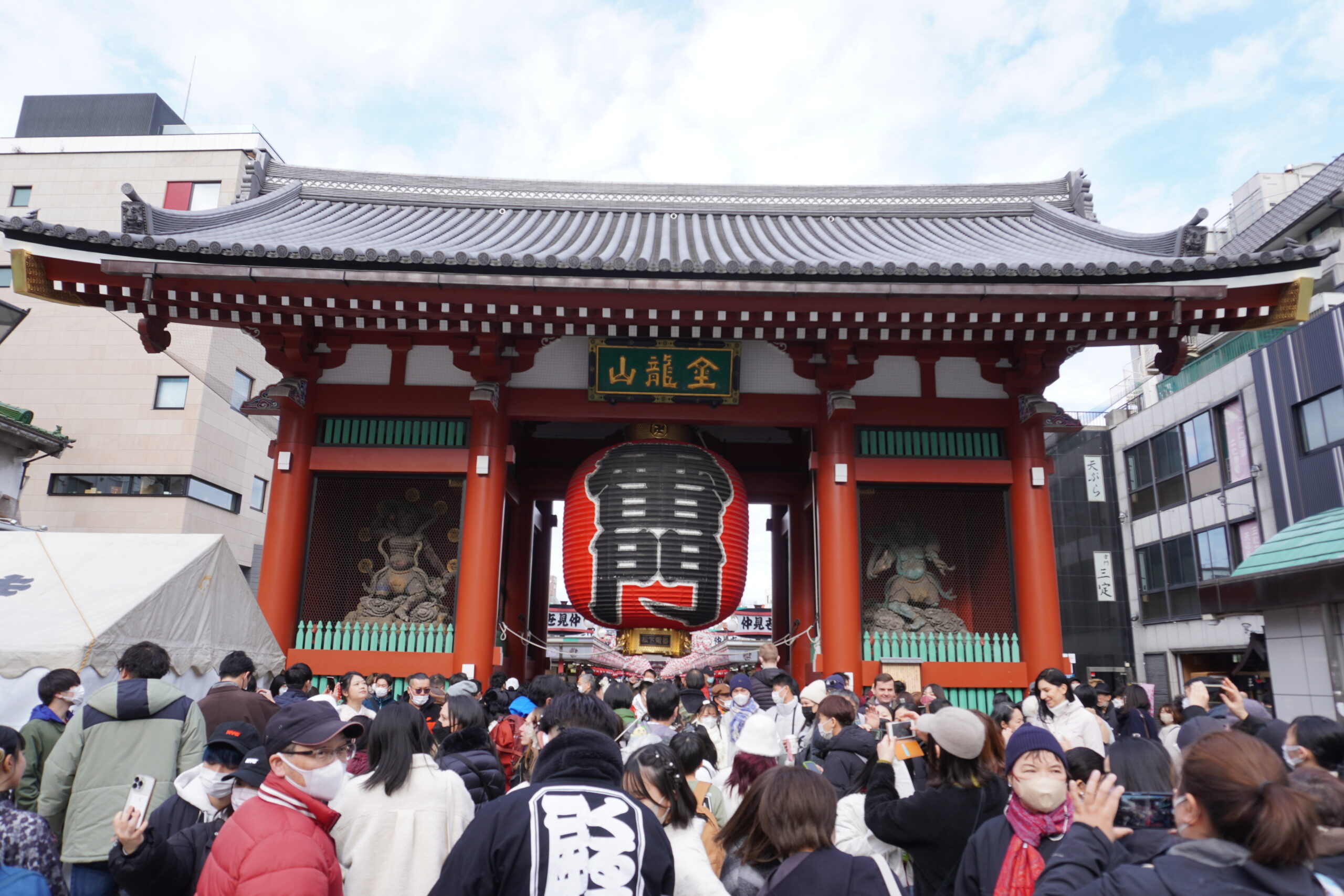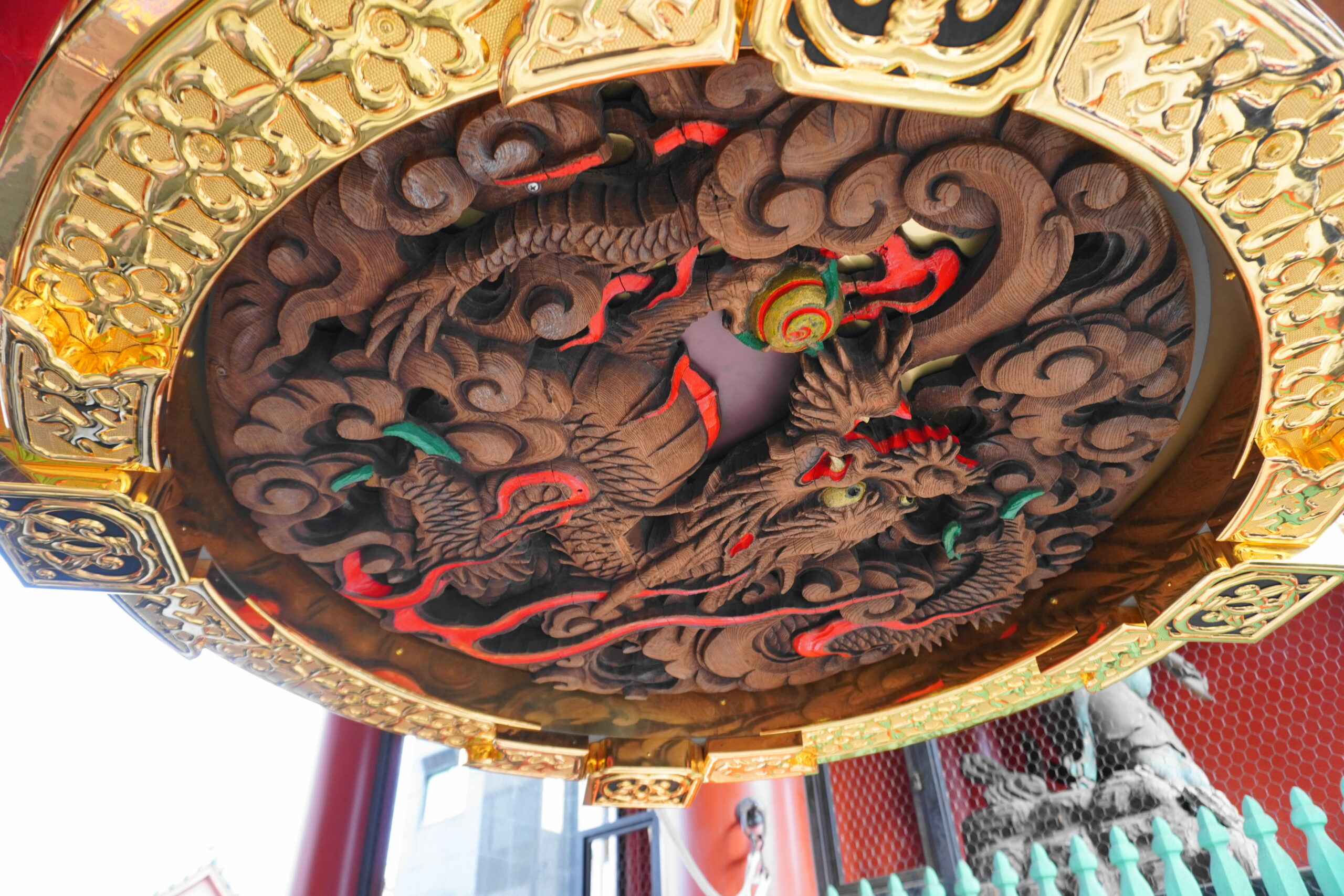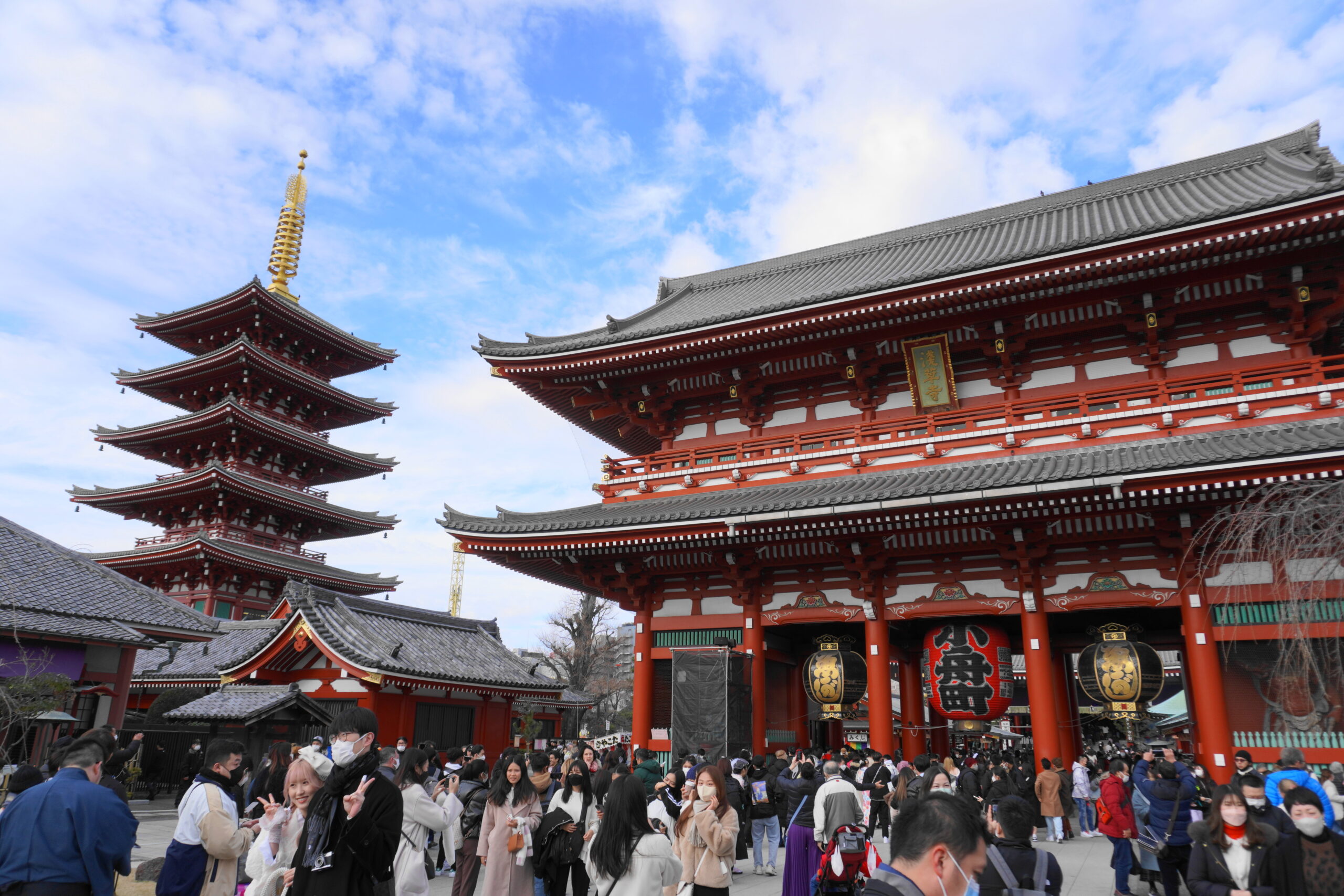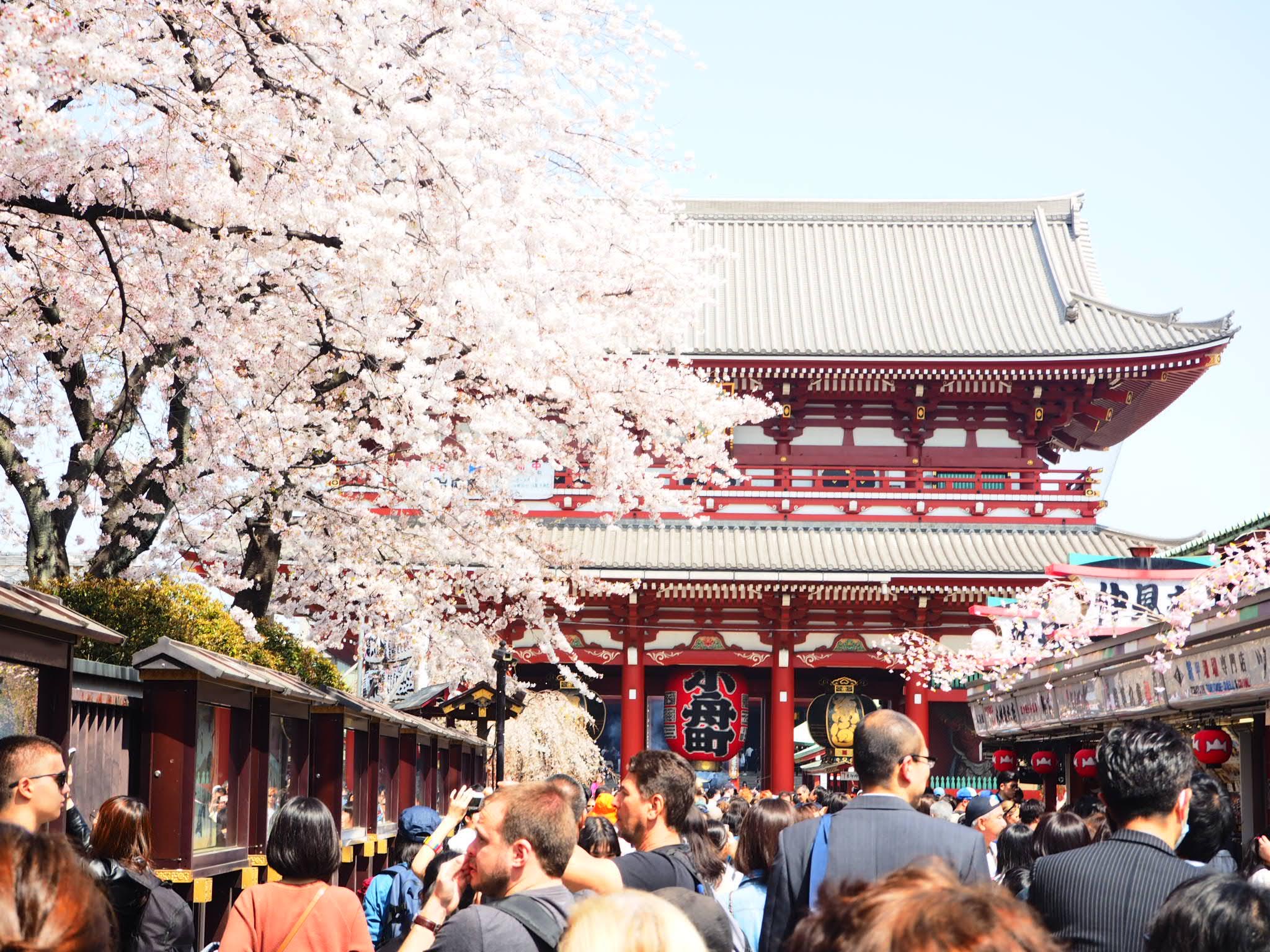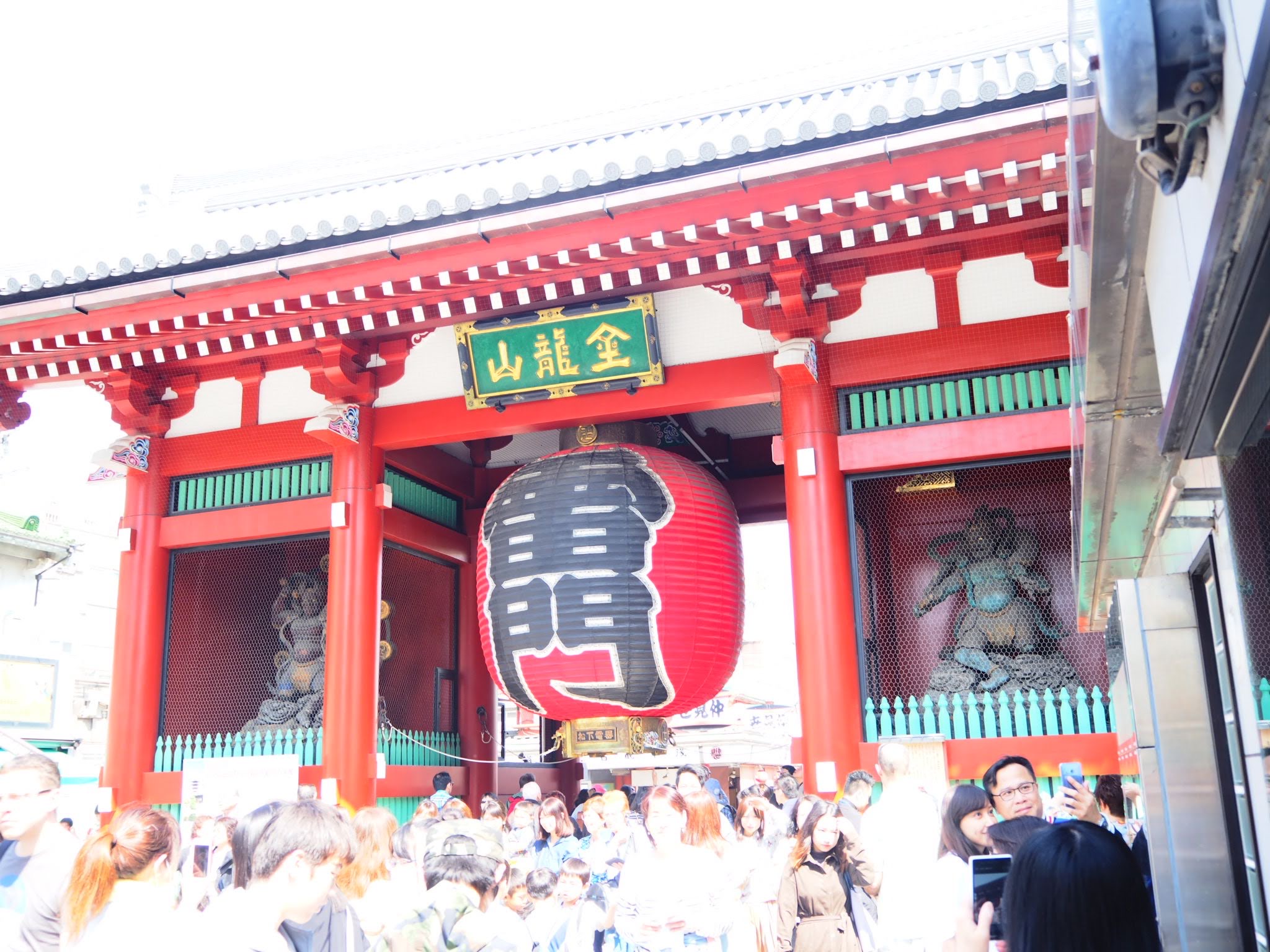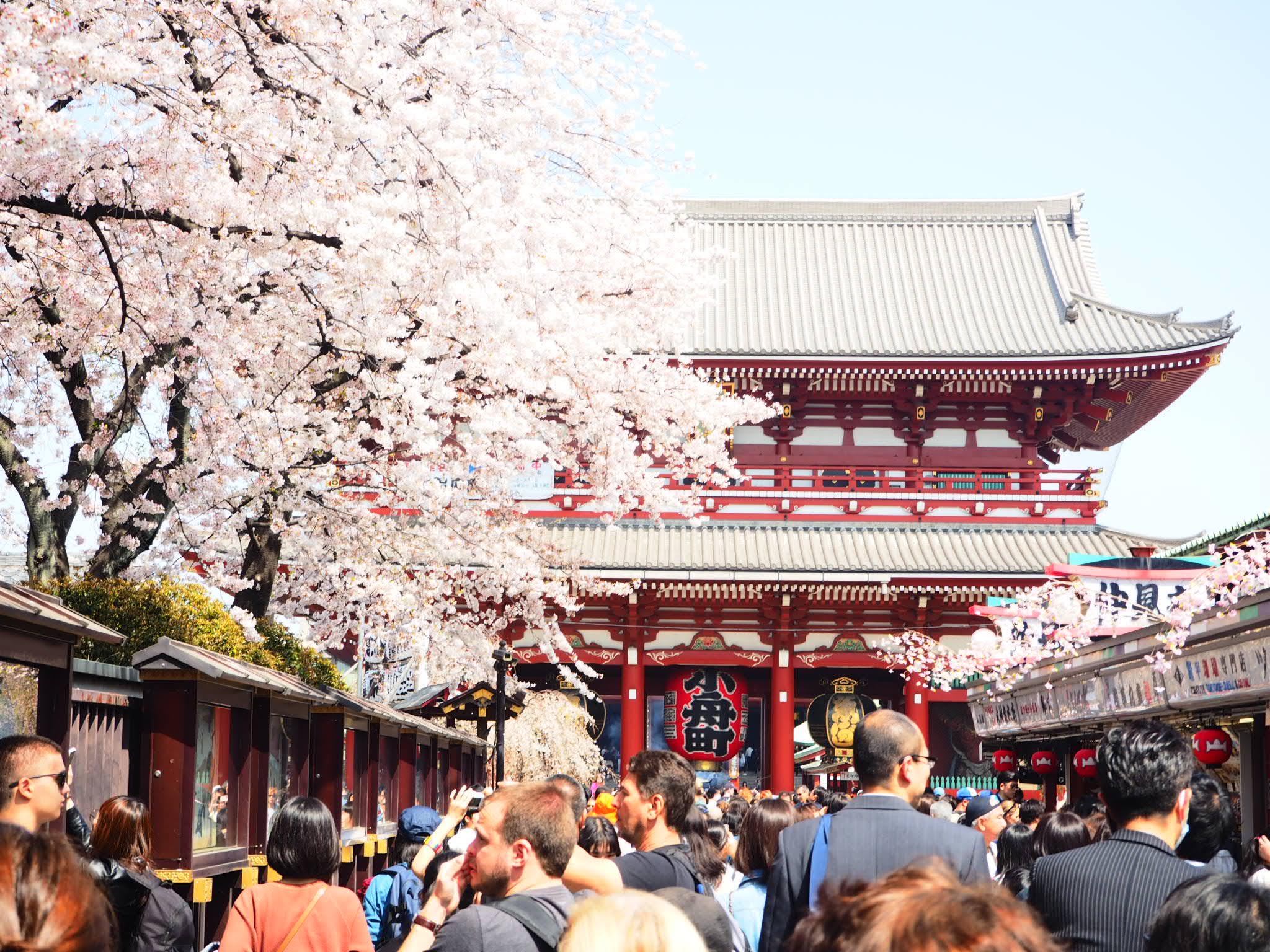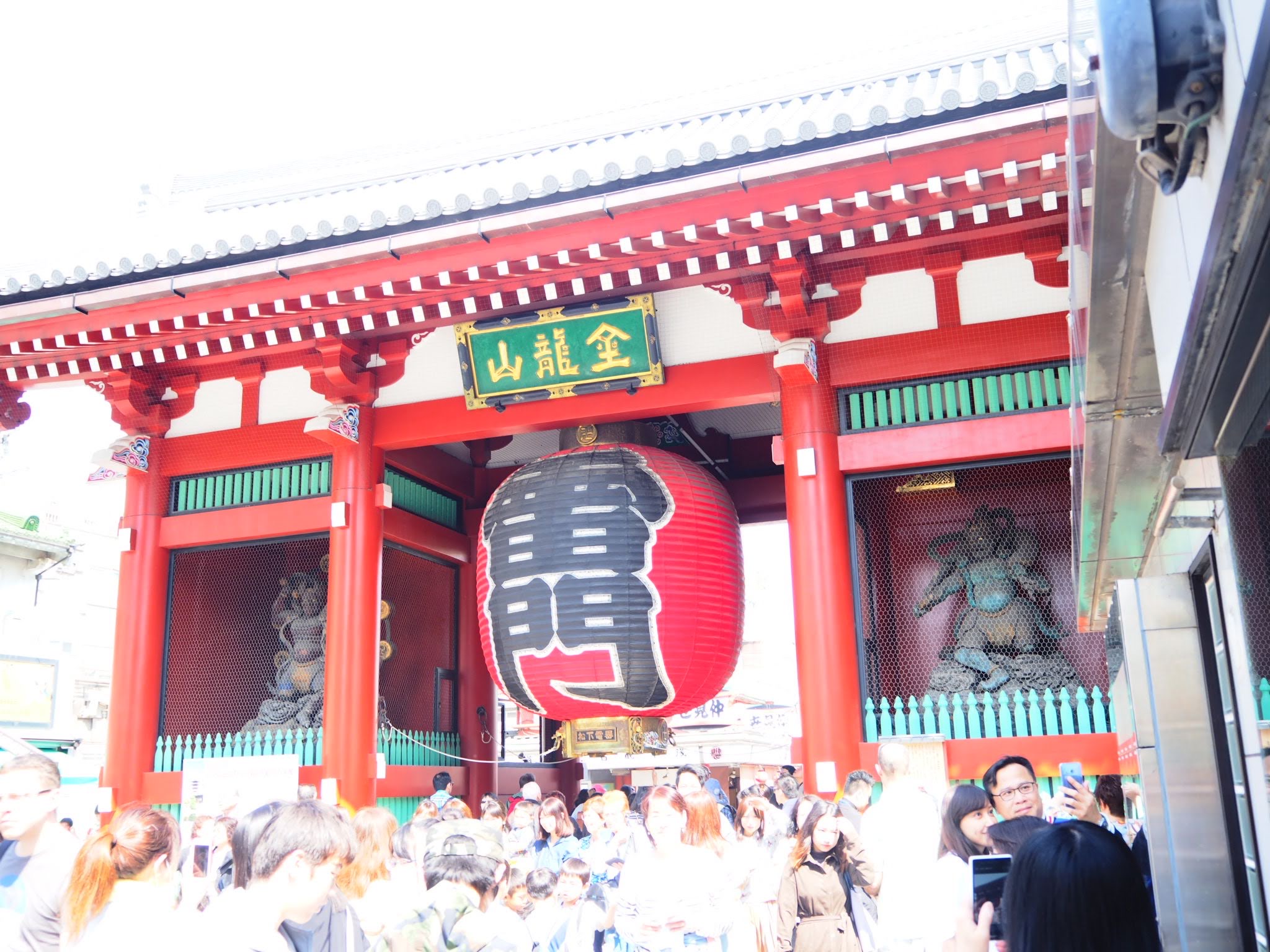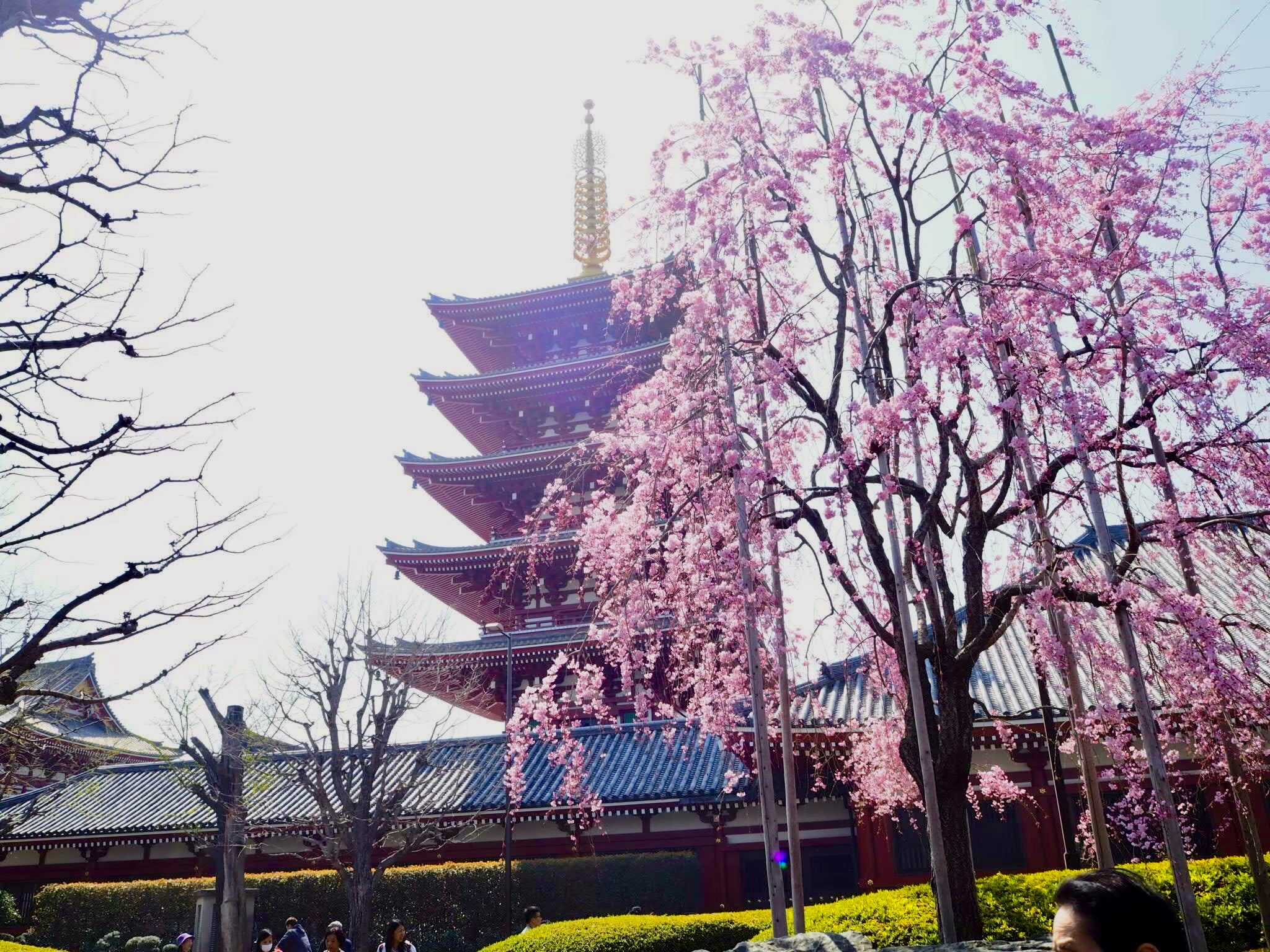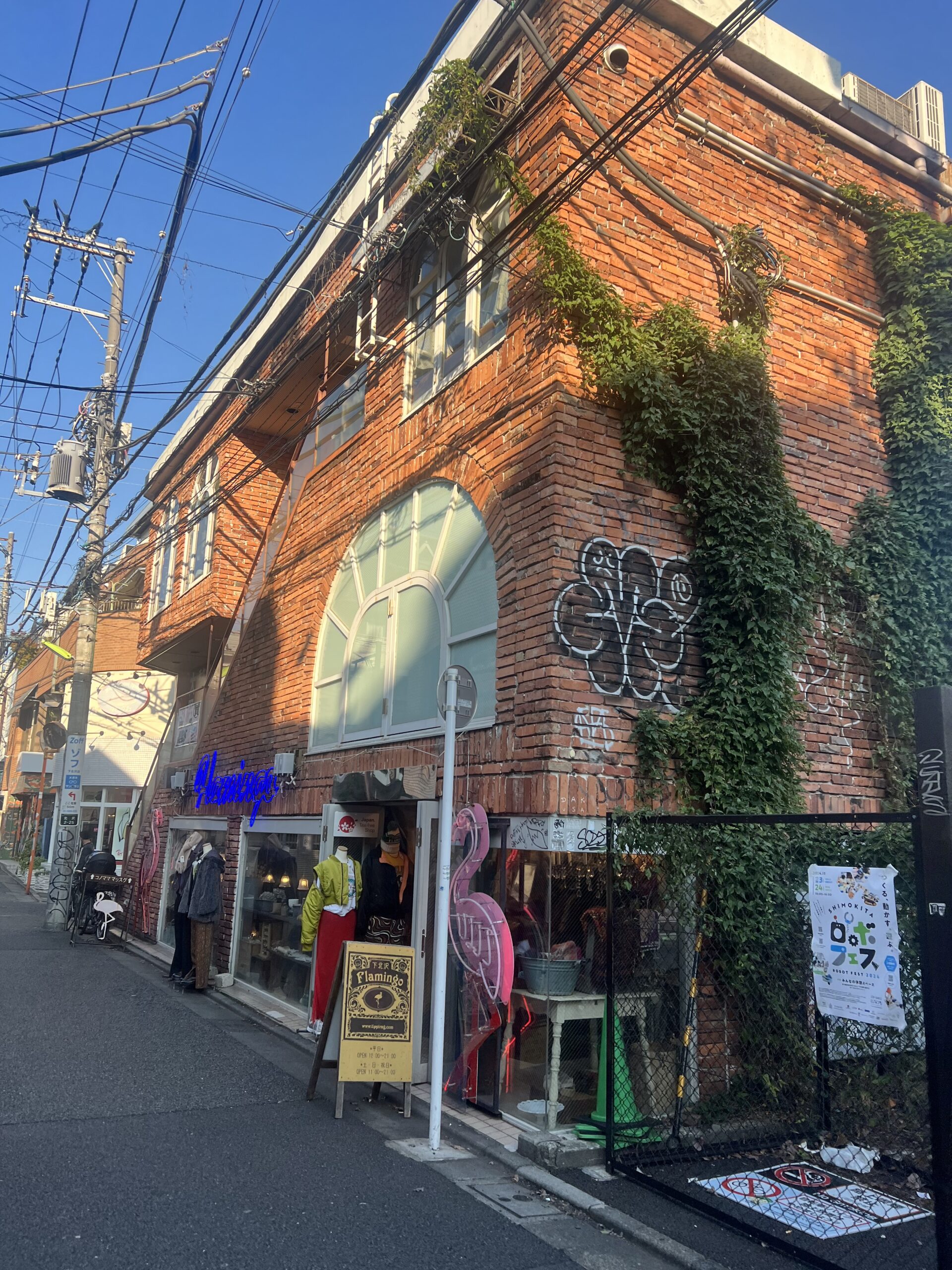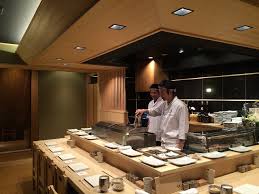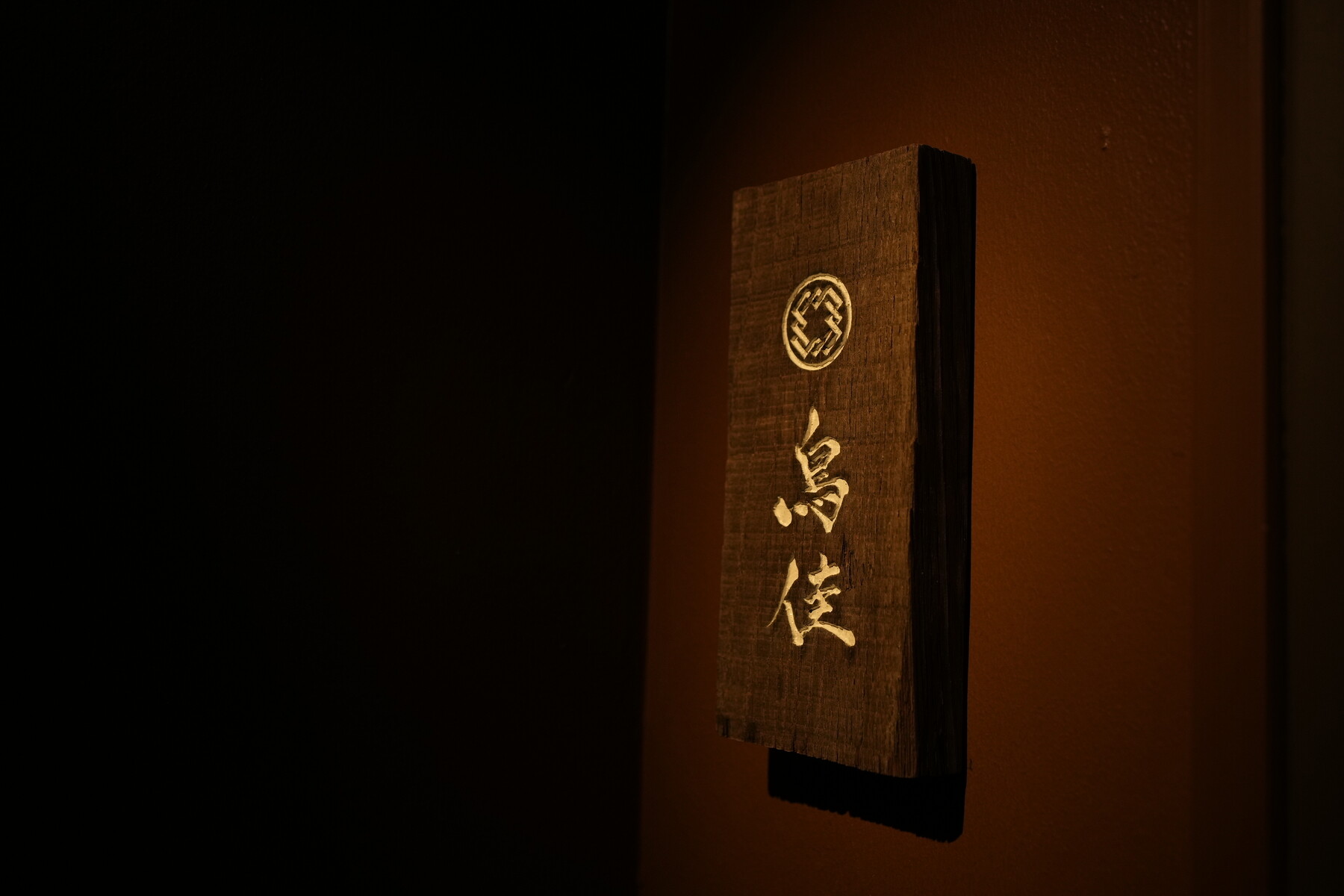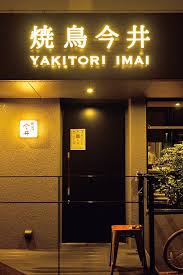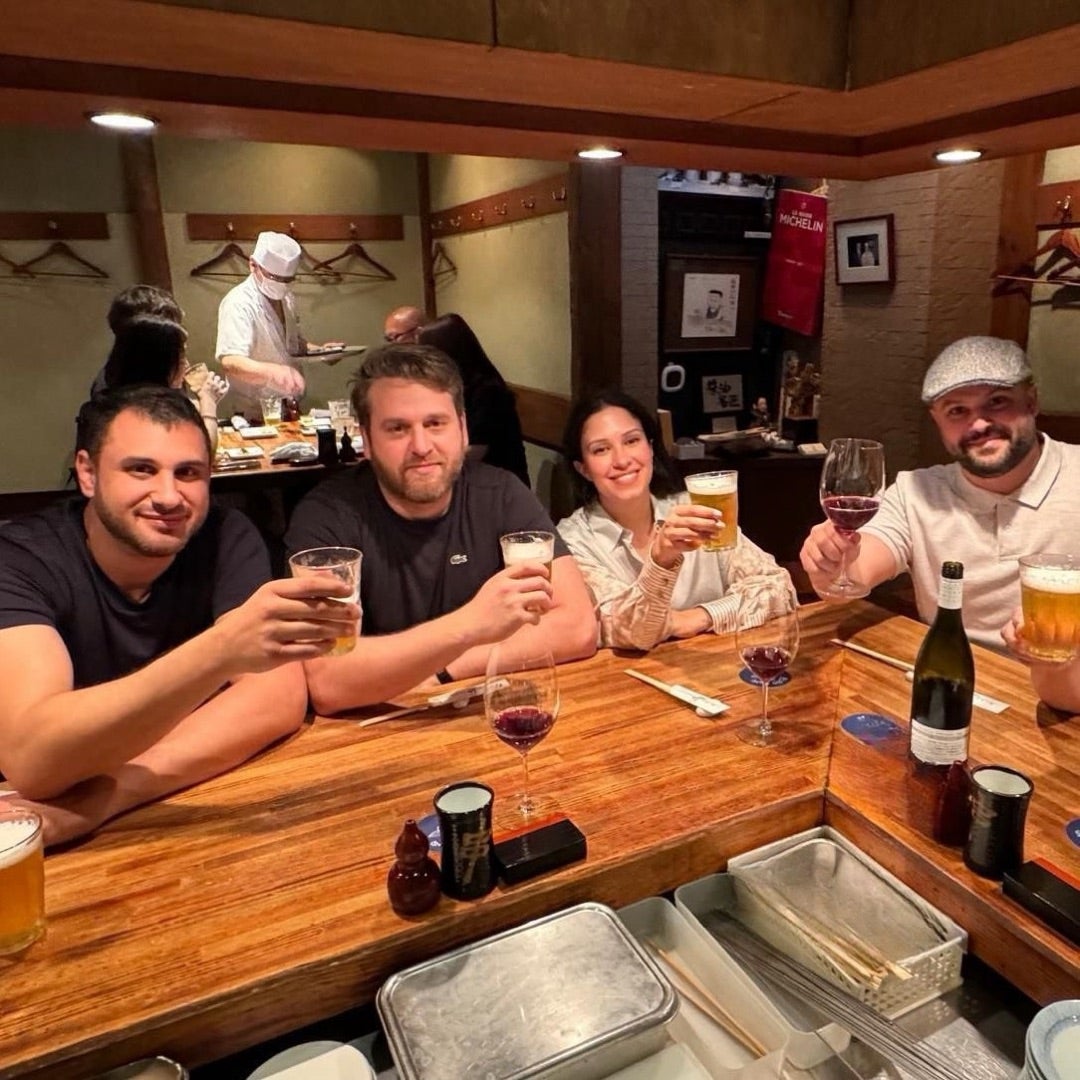

Things to do in Tokyo:Sensoji
The Charm and History of Senso-ji Temple
Located in Tokyo, Senso-ji Temple is one of Japan’s oldest and most revered temples, boasting a history of over 1,400 years. Founded in 628, the temple is dedicated to the Bodhisattva Kannon, and its iconic red lantern at the Kaminarimon gate is a symbol of the area. While Senso-ji is a major tourist destination, its true allure lies in the cultural experiences it offers, allowing visitors to engage more deeply with Buddhist traditions through various workshops.
この投稿をInstagramで見る
Buddhist Workshops: A Journey of Spiritual Purification
1. Sutra Copying Experience (Shakyo)
One of the most popular workshops at Senso-ji is the Sutra Copying Experience. Shakyo, the practice of meticulously copying Buddhist scriptures, helps participants calm their minds and focus. At Senso-ji, participants typically copy the Heart Sutra, a revered text in Buddhism. Through this experience, visitors can rediscover a sense of inner peace in today’s hectic world.
- Participation Fee: ¥2000
- Duration: About 1 hour
- Reservations: Required, and can be made online.
この投稿をInstagramで見る
2. Zen Meditation Experience
Another highly recommended workshop is the Zen Meditation Experience. Guided by experienced monks, this session teaches participants the basics of Zen meditation, allowing even beginners to partake with confidence. The practice helps to alleviate stress and provides a moment of complete relaxation.
- Participation Fee: ¥1500
- Duration: 45 minutes
- Schedule: Held on the 1st and 3rd Saturday of each month.
3. Shojin Ryori Cooking Class
Food plays an essential role in Buddhist culture, and Shojin Ryori, a plant-based cuisine, is a perfect example. At Senso-ji, participants can learn the fundamentals of Shojin Ryori, prepare dishes, and enjoy them afterward. The cooking class is followed by a Q&A session with a monk, deepening the understanding of holistic health in Buddhism.
- Participation Fee: ¥3000 (includes ingredients)
- Duration: 2 hours
- Reservations: Required, with a limit of 10 participants.
この投稿をInstagramで見る
Seasonal Highlights at Senso-ji
Senso-ji is a wonderful place to visit year-round, but it’s particularly stunning during the cherry blossom season in spring and the New Year’s celebrations. The temple grounds are beautifully adorned with cherry blossoms, creating a picturesque scene. Meanwhile, the New Year’s shrine visit draws crowds from across Japan, offering a special cultural experience.
Visitor Information
- Access: 5-minute walk from Asakusa Station on the Tokyo Metro Ginza Line.
- Hours: 6:00 AM – 5:00 PM (subject to seasonal changes)
- Admission: Free, though workshop fees apply.
Senso-ji Temple offers a unique chance to connect with Japan’s rich spiritual and cultural heritage. Whether participating in a workshop or simply admiring the temple’s historic beauty, it’s a must-visit for those seeking a deeper understanding of Japanese culture.
